 |
| Megan Fernandes |
2023
Other Books Highlights From This Year II
Throughout the year, Vulture maintained a “Best Books of the Year (So Far)” list. Many of those selections appear above in our top-ten. Below, the rest of the books that stood out to them this year, presented in order of release date.
I Hear You’re Rich, by Diane Williams
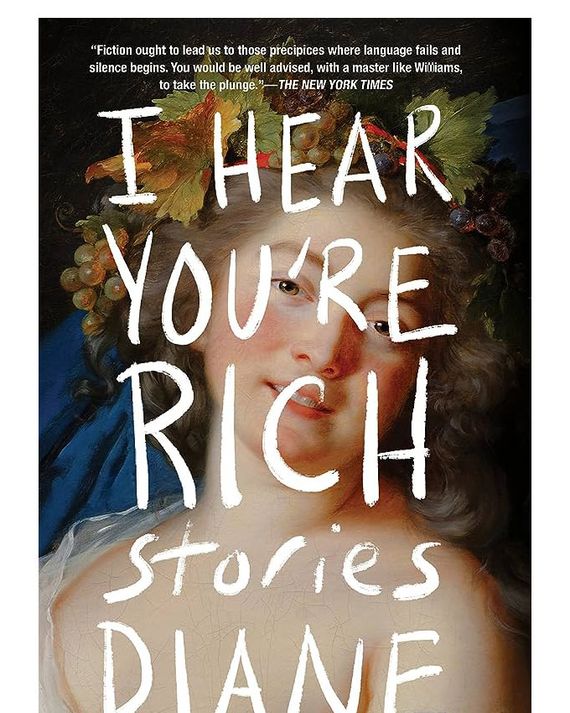
You might call Diane Williams’s plots dreamlike — they proceed according to their own mysterious logic, interrupting themselves — but they’re not hazy. Her voice is declarative, even blunt. Her narrators make forceful assertions about household objects and uncouth remarks at dinner parties. If her super-short stories are surprising, even shocking, her style is always reliable. Since the ’90s, Williams — who started writing in middle age — has worked to turn the everyday stuff of realist fiction into props for existential fun houses. Like her other collections, So I Hear You’re Rich will please fans of Lydia Davis and David Lynch. —M.C
Looking Glass Sound, by Catriona Ward
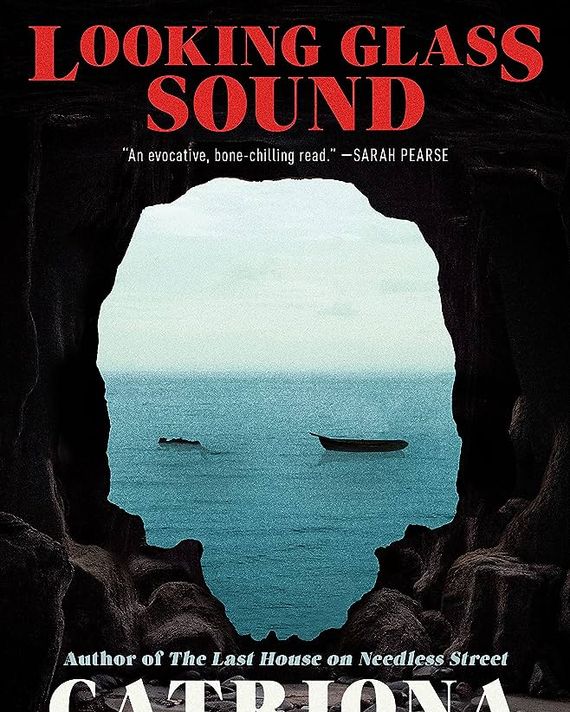
Mind-bending, gasp-inducing, and impossible to put down, Looking Glass Sound is horror-thriller superstar Catriona Ward’s best work yet. Put dark academia, murder mystery, coming-of-age saga, and gothic metafiction into a blender, add a pinch of witchcraft, and garnish with a narrator who isn’t especially reliable even before his memory starts to fail him, and you still won’t be able to touch the brilliant weirdness of this book. You’re best served going into it knowing as little as possible about the plot, but broadly, it’s about aging, betrayal, memory, the immortality of stories, a serial killer called the Dagger Man, and the way time and reality seem to bend where the land meets the water. Ward’s lustrous prose bolsters her ambitious storytelling, carrying the reader through passages in which the plot seems close to spinning out of control. But fear not: Put yourself in Ward’s terrifyingly capable hands and go where she leads you. You won’t be disappointed. —E.H.
Mobility, by Lydia Kiesling
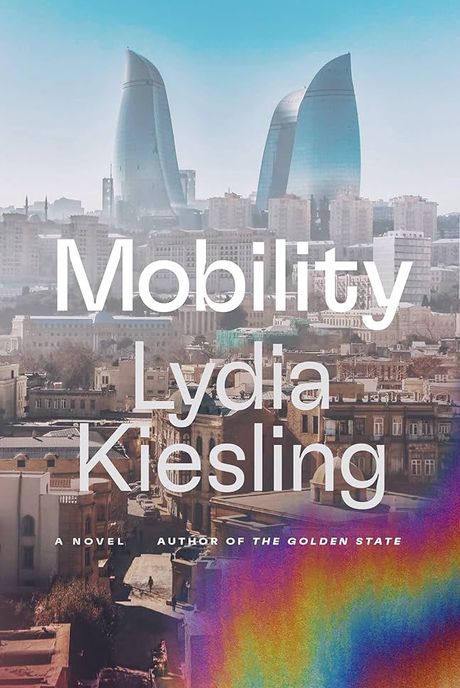
Zando’s Crooked Media imprint made a strong start this year with its debut release, Kiesling’s thoroughly researched examination of personal complicity in political violence. Beginning in Azerbaijan in 1998 and spanning decades and continents, Mobility tracks protagonist Bunny Glenn’s trajectory through the ranks of the oil industry, influenced by her interactions — both passive and active — within the worsening climate crisis, the war on terror and its resultant ethnocentrism, insatiable consumption under capitalism, and the effects of her own privilege. It’s both appropriately damning and beautifully rendered. —Arianna Rebolini
Camp Damascus, by Chuck Tingle
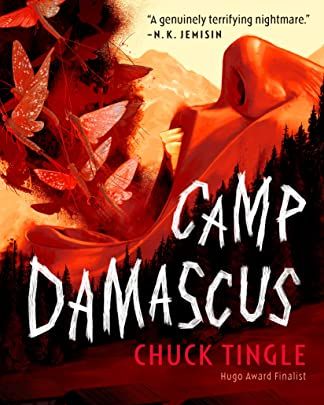
You may know the pseudonymous internet sensation Chuck Tingle best from his extremely memeable self-published erotica titles — Space Raptor Butt Invasion and Pounded in the Butt by My Own Butt are just two of literally hundreds of examples — or from his signature look, an omnipresent pink cloth mask and sunglasses. But Tingle is much, much more than an interesting piece of internet ephemera, as evidenced by his traditional-publishing debut, Camp Damascus. Our protagonist, Rose, lives a sheltered life as a member of an ultraconservative Evangelical community, one that also happens to run the most effective conversion camp in the country. Rose’s growing exploration of her own queerness coincides with a frightening series of events and manifestations: demonic figures lurking in the woods (wearing uniformlike red polo shirts), vomiting flies, and increasingly menacing behavior from her parents. To find the truth, Rose must seek out the survivors of Camp Damascus and confront the evil at the heart of her community. Tingle writes engagingly and sensitively — Rose’s autism is key to who she is and how she navigates what’s happening to her, but it’s never exploitative — and the love story at the book’s center is enough to melt even the most hardened cynic. It’s a bighearted, chilling ride that proves the author’s mantra over and over: Love is, indeed, real. —E.H.
I Do Everything I’m Told, by Megan Fernandes
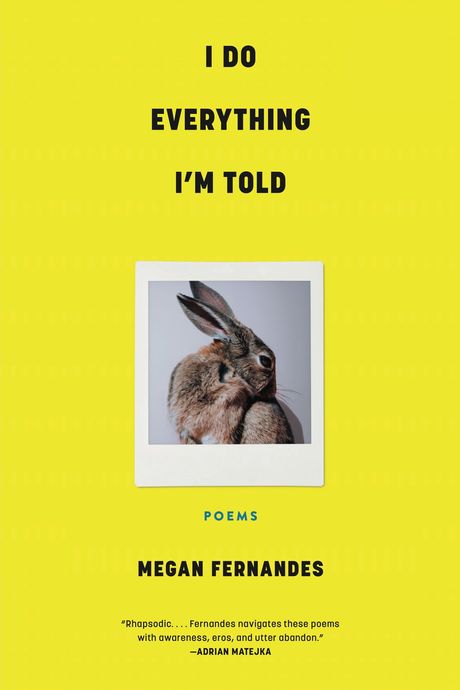
Megan Fernandes’s third collection of poems, I Do Everything I’m Told, injects new life into the love poem. The book skates thrillingly between desire and race and sexuality, her writing smart without ever lecturing. “Letter to a Young Poet,” for instance, feels like taking a meandering walk with one of your most brilliant and curious friends. “To want the same things as you age is not always a failure of growth,” Fernandes writes, delivering a clear stab of wisdom, before dropping into a pair of arresting claims: “A good city will not parent you. Every poet has a love affair with a bridge.” But the collection is at its most confident and vulnerable when Fernandes writes about heartache and desire. In “Drive,” the speaker grasps through the aftermath of a breakup and the cliches it inspires but eventually stumbles upon a profound sense of acceptance: “Contradictions are a sign we are from god. We fall. We don’t always get to ask why.” Fernandes’s poems are aching and sly. They capture everything beautiful and insufferable and enormous about falling in love. —Isle McElroy
Holding Pattern, by Jenny Xie
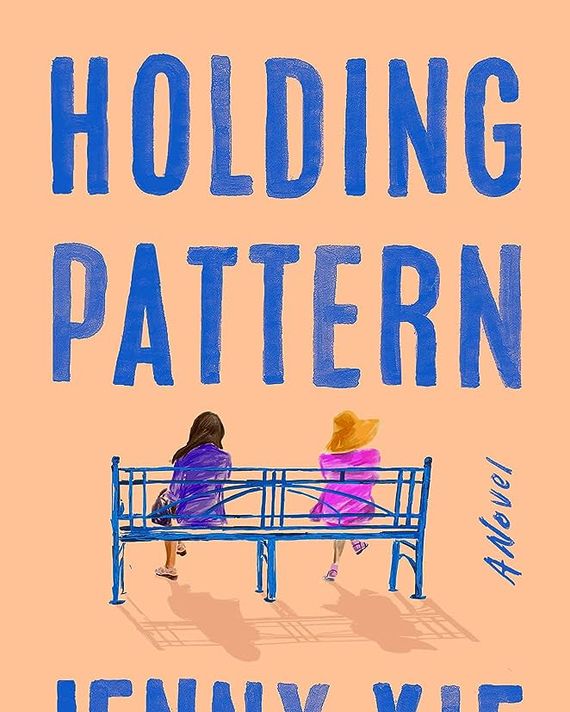
Kathleen Cheng, the protagonist of Jenny Xie’s debut novel, Holding Pattern, has been going through it. After her boyfriend dumps her and she drops out of grad school, Kathleen leaves her life on the East Coast behind and moves back home with her mother in Oakland. She starts a new job as a “certified cuddle provider,” for which she physically holds strangers for money, and develops a surprisingly intimate connection with one of her clients. Smart, disquieting, and almost startlingly of the moment, Xie’s novel is a fascinating exploration of the power of touch and the strength it takes to hold up other people and ourselves. —Mary Retta
Lament for Julia, by Susan Taubes
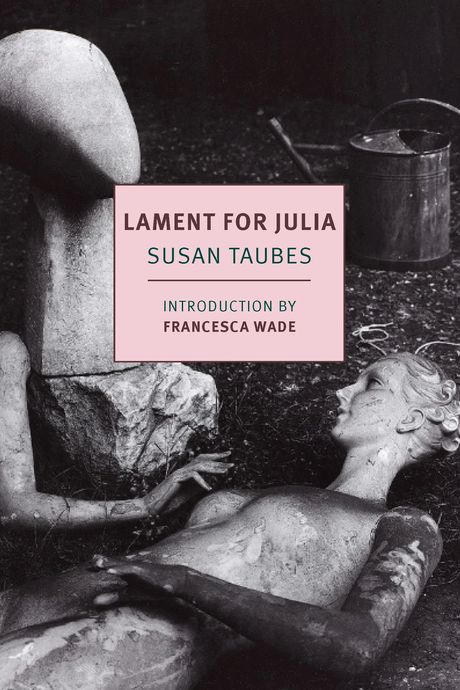
In Lament for Julia, the titular character is possessed by a demon, a supernatural being reluctant and confused about spending all time inside the mind, body, and home of such an ordinary girl. As the demon gets to know Julia’s whims and earthly hangups, he slowly gets attached, but he remains a sharp and funny critic of human drama, which he considers petty. If the meta-conceit of an author inhabiting a character — or any storyteller inhabiting a version of her life that’s now over — seems on the nose, Taubes’s style makes it richer and more deeply felt than all that. Formally, she has been described as the Renata Adler of the ’50s and ’60s, which isn’t far off. Her voice is assertive, but her plots are as disorienting as the decades she lived through. —M.C.
August Blue, by Deborah Levy
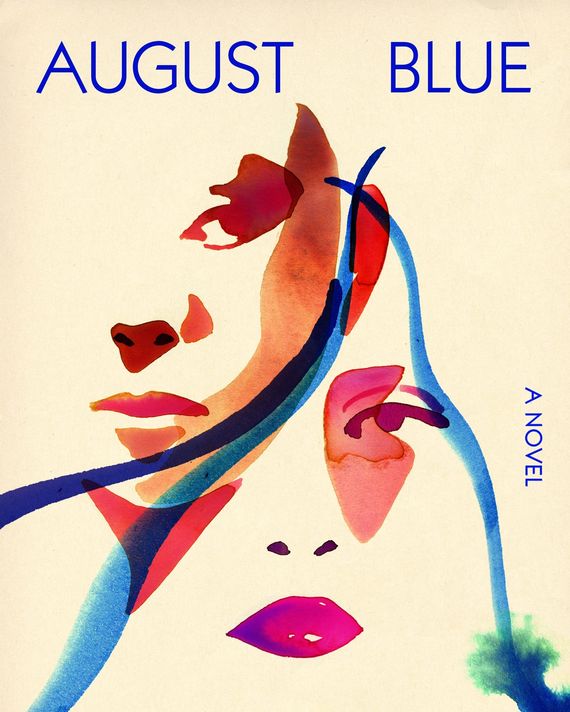
Over the past decade, Deborah Levy — a widely acclaimed playwright, poet, and fiction writer — has published a trio of slim autobiographical books exploring her evolving love life, artistic ambitions, friendships, and affection for horses. With her latest, August Blue, Levy once more delves into these themes — this time in a fictional context. A piano virtuoso abruptly walks offstage in Vienna mid-performance and eventually finds herself in Athens, where she observes a woman buying two mechanical horses at a flea market. The pianist grows besotted with the horses — and with the woman who purchased them, who could be her doppelgänger. Levy writes in delicate, evocative strokes — a style that complements an elegant story about the fluidity of identity and the profound aftershocks of loss. This is not a story that proceeds directly from one plot point to the next but meanders toward meaning. You may very well discover something about yourself as you journey through these evocative pages. —T.F.
Chain-Gang All-Stars, by Nana Kwame Adjei-Brenyah
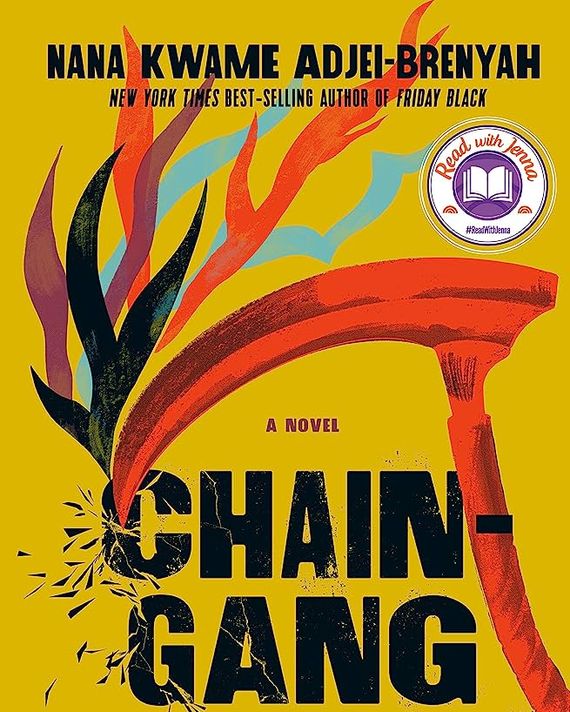
Nana Kwame Adjei-Brenyah’s debut novel, Chain-Gang All-Stars, is a dazzling and mightily ambitious work of speculative fiction. Set in a postapocalyptic future, the book follows the lives of incarcerated people who are asked to fight one another to the death on live television in an effort to win their freedom. The plot mainly follows the lives and battles of Loretta and Hurricane, lovers fighting on the same team, or “Chain.” Adjei-Brenyah’s use of multi-person perspective is masterful: Each chapter changes narration from a fighter, to the man who drives the van to and from the battlefield, to the people who prepare the meals in the prison, to the audience members gleefully placing bets on their favorite fighters as they watch the bloody battles from home. A stunningly original and unflinchingly honest piece of satiric genius, Chain-Gang All-Stars not only showcases the horrific spectacle of the prison industrial complex but highlights how everyone is somehow complicit. —M.R.


No comments:
Post a Comment